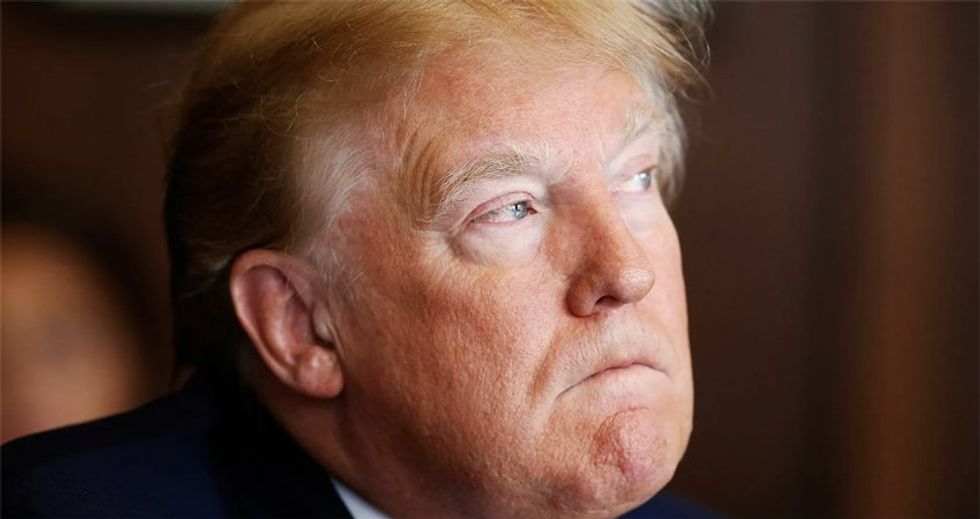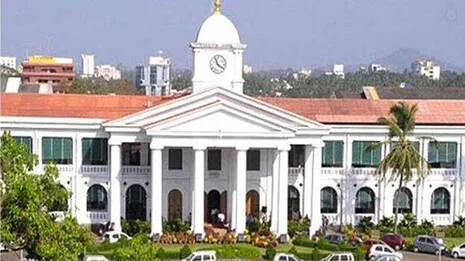
•Over 23m barrels of crude traded as civil societies knock cabal The Independent Petroleum Marketers Association of Nigeria has sought a reduction in the price of petrol across the country. The group urged the Dangote refinery to consider reducing its ex-depot price from N970 per litre since the estimated cost of landing petrol on Nigeria’s shores has dropped to N900.28 per litre.
President Bola Tinubu had during a Federal Executive Council meeting on July 29 proposed the sale of crude to local refineries in naira. The FEC adopted the proposal by Tinubu to sell crude to Dangote and other refineries in the local currency. FEC approved that the 450,000 barrels meant for domestic consumption be offered in naira to Nigerian refineries, using the Dangote refinery as a pilot.

It also approved an initial six-month trial period pending further review by the Technical Sub-Committee on Domestic Sales of Crude Oil in Local Currency. “From October 1, NNPC will commence the supply of about 385,000 barrels per day of crude oil to the Dangote refinery to be paid for in naira,” the committee had declared. This implies that NNPC is to supply about 11.
5m barrels of crude oil to the Dangote refinery monthly and an equivalent of over 23m barrels in two months. However, sources who were informed about the local crude sale deal told our correspondents on Saturday that the deal was still ongoing despite little information about the volume of crude traded within the period. A source said, “There is no information to the contrary, which means the deal is still on.
If it had been suspended or ended, you would have seen a statement from the parties involved or the committee in charge announcing that the deal was no longer working. It means if there is no statement, the deal is still ongoing.” Efforts to reach the Nigerian National Petroleum Company Limited and the Dangote Refinery on the amount traded between parties proved abortive as the NNPCL spokesperson, Femi Soneye, did not respond to enquiries.
In October, The PUNCH exclusively reported that four cargoes of crude oil were delivered to the refinery. Sources told our correspondent that the refinery was still waiting to receive more crude oil cargo. But in an interview a month later, the Vice President of Dangote Industries Limited, Devakumar Edwin, said the amount of crude received from the national oil firm was “peanuts” compared to the volume needed to ramp the production of refined products.
He said NNPCL had yet to meet its target to deliver a minimum of 385,000 bpd since the commencement of the programme in October. “We need 650,000 barrels per day. NNPCL agreed to give a minimum of 385,000 bpd, but they are not even delivering that,” the official informed Reuters.
Meanwhile, the 650,000-barrel refinery has resorted to crude oil imports to ramp up its production capacity and commence export to West African countries. This development was confirmed by the IPMAN National Publicity Officer, Chinedu Ukadike, who also called on the refinery to consider reducing prices to foster healthy competition within the sector. Ukadike, speaking in an exclusive interview with our correspondent on Saturday, acknowledged that the 650,000-barrel facility would set its price based on production costs, although the foreign exchange rate remains a significant factor in determining its ex-depot price.
He said, “The cost of production is peculiar to any refinery, and for Dangote analysis, I think the refinery would have to be further reviewed because you would also remember that in one month, the facility has reviewed its processes twice. It dropped the price from N990 to N980 and then reduced it further to N970. “This situation is a classic example of the deregulation process.
Factors of demand and supply, as well as factors of production cost and sourcing, will determine price. “Also, remember that the benchmark for petroleum products is foreign exchange. Remember, too, that the naira gained recently.
This would normally affect the domestic market, especially the price of goods and commodities, including oil and gas. “You can’t waive the fact that what is happening in Nigeria is a healthy development. Whether Dangote will reduce its price.
That is sacrosanct, but he will.” Related News Dangote refinery exports petrol to Cameroon Dangote refinery begins PMS exports to Cameroon Dangote, PH refineries can meet local PMS demand – Delta commissioner The IPMAN national officer added that the Nigerian Midstream and Downstream Petroleum Regulatory Authority should be commended for halting monopolistic plans, which had, in turn, fostered healthy competition and pricing. “The naira-for-crude initiative is still based on foreign exchange, the volume of crude oil the Federal Government has allocated to the refinery since inception and what the production is.
“I have also heard from a great authority that Dangote is still importing crude from the USA. If my assertion is correct, it means that domestic intervention may not be able to encourage lower prices,” he added. Responding to the disappointment of Nigerians that the naira-for-crude initiative has not reduced petrol prices, he retorted, “No, it is healthy; it will continue to make the sector better, like the telecommunications sector.
Now, we are no longer talking about scarcity; what we are talking about is pricing. The issue of scarcity is gone, which was one of the factors that made the price of petroleum products go high. All things being equal, we will reap the benefit of deregulation.
“These things are done for the benefit of Nigerians, and marketers are committed to anything that would alleviate the suffering of people queueing for fuel. Remember, this is a festive period, and fuel needs to be available at a cheaper rate.” However, the Petroleum Products Retail Outlets Owners Association of Nigeria National President, Billy Gillis-Harry, stated that the association would not be swayed by the reduced landing costs to consider importing petroleum products.
He said, “Please, you people should forget about importation for now. We are not importing, and we have all made a decision not to bother about importing. If Dangote and Port Harcourt refineries do not give us what we want, that is when we will come back to talk about importation.
“Importation is cheaper for us at PETROAN, but we are not going to do that because we have promised the president that we would not import. “Recall that we had negotiated with some partners to import, and we are not even paying in advance. We negotiated an agreement of $70m just for import.
They were to bring in products, and when we bought, we would pay back in naira, but we had to stop all of that. “The issue of import should be kept in the cooler for now, and let us see what will happen after our meeting in January if our demands on product offtake will be met. “NNPCL has called us to start applying for products from the Port-Harcourt depot.
So, there are quite a lot of benefits.” CSOs blame cabal, govt Commenting on why the naira-for-crude transaction to Dangote and the operation of the Port Harcourt refinery have not impacted the price of fuel, the National President, Coalition Against Corrupt Leaders, Debo Adeniran, blamed the ‘fuel cabal’ for the high price of petrol. He said, “We should know that there is an oil cartel, and usually, the Organisation of the Petroleum Exporting Countries is the leader of the cartel that determines what you produce in your own country and how much you sell it.
Not only OPEC, but some world powers also want to determine how much gets into your country. That is why they manipulate OPEC to regulate prices so that you can’t have so much from the world market. “If you have your products, they make it economically inert as much as they can.
That is the first reason we cannot make extra gains from locally refined products, and it can even be more expensive. “The local cabal is also not helping matters, because they impose all sorts of official and unofficial taxes and regulations on the local producers of fuel. That is the reason imported fuel can even be cheaper than the locally produced ones.
It is unfortunate that we have it that way.” Similarly, the Civil Society Legislative Advocacy Centre condemned the high price of fuel amid local production. The Executive Director of CISLAC, Auwal Rafsanjani, said the government didn’t care about the people.
“In the past, the government used to say it couldn’t afford to discontinue the importation of petroleum products because our refineries were not working. Now that one of our refineries is working, will you revise the situation, or should we just continue with what we have now? I think if the government cares about the people, they should do something to at least show concern,” he said. Rafsanjani said the citizens should be relieved with the local production of fuel and operation of the refineries.
He said, “The government decided to withdraw fuel subsidy without taking into consideration that if you have a public-owned refinery, the citizens should be able to have some relief. You cannot have public-owned processed petroleum products and be selling them in the same commercial way as you are importing them into the country or it is Dangote selling them. “This means that the government has not planned on how to mitigate these rising costs of petroleum products.
I think the government is only interested in generating money without considering the citizens’ affordability. “If you have natural resources and a citizen cannot benefit from it, then it is as good as you don’t have. What is the difference between when the refineries are working and when they are not working, the prices of what you get in a commercial enterprise and what you get from the government?”.










